This document provides information on the origins, activities, philosophical underpinnings, and initial progress of the Education for Sustainability in Galapagos Program (ESG). The ESG Program has evolved over time, with important input from the local educational community in Galapagos, specialists in Ecuador’s Ministry of Education, and experienced educators from the United States, Ecuador, and other Latin American countries. With this document, Galapagos Conservancy hopes to provide a roadmap for conducting intensive, evidence-based professional development in a remote location like the Galapagos Islands. While some aspects of their approach may be specific to the needs and realities of Galapagos, it is their hope that different facets of the model and activities described in the document will be helpful to others pursuing deep educational change.
Related Posts

This post was first published in Philanthropy News Digest in July. (Photo by Kelli Tungay on Unsplash)
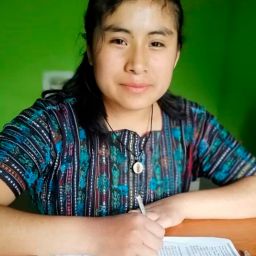
The Foundation will launch a special initiative on educational access and equity during COVID-19, as well as temporary changes to other institutional grantmaking.

Most foundations in the United States do not accept unsolicited funding requests. Why does Tinker?
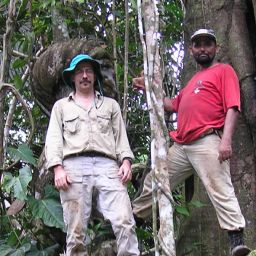
The director of the New York Botanical Garden’s Institute of Systematic Botany recounts the challenge of protecting critical Amazon forests amid a pandemic and an alarming spike in deforestation.
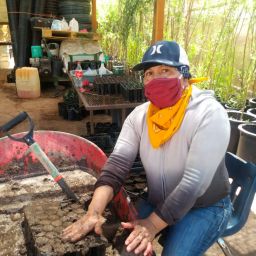
We asked three Tinker grantees – Organization for Youth Empowerment (OYE), the Sonoran
Institute in Mexico, and Women’s Justice Initiative – how they have responded to the pandemic.
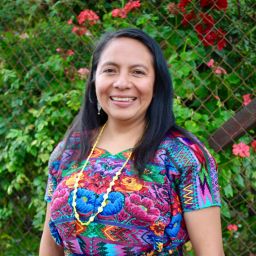
We interviewed Elvia Raquec, Programs Director at Women’s Justice Initiative, who oversees the expansion of the organization’s work to new communities..
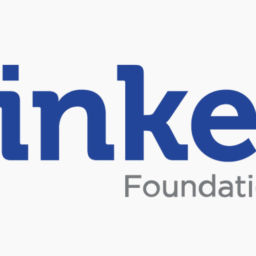
Tinker will operate one grantmaking cycle in 2025 and is accepting LOIs for the following programs: Democratic Governance, Education, and Sustainable Resource Management.
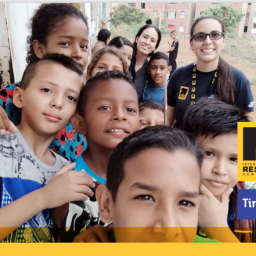
This first-of-its-kind study analyzes the academic and social-emotional learning status of Venezuelan and Colombian students in Colombian host communities.

The analysis underscores the need to establish formal pathways for fishing community participation in fisheries management and enforcement.
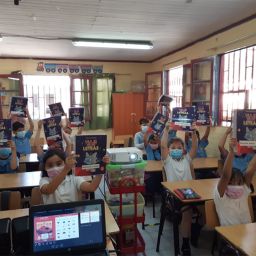
Loreto Iglesias tells us how the Fundación Educacional Crecer con Todos drew on their many years of experience to address school closings in Chile.
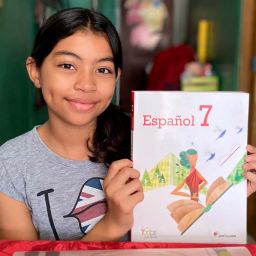
As we approach the third year of the pandemic, the Tinker Foundation announces funding to 12 organizations working to ensure equitable access to education.
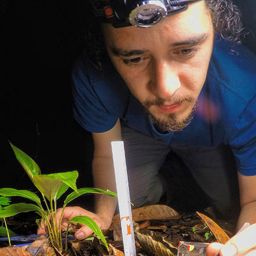
The Foundation is delighted to announce the launch of the Tinker Field Research Collaborative in partnership with 15 U.S. universities.
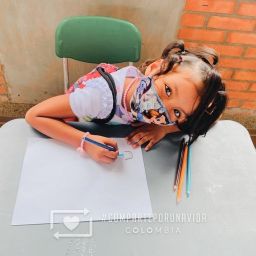
The Foundation will fund 11 organizations working to ensure educational equity during the pandemic.
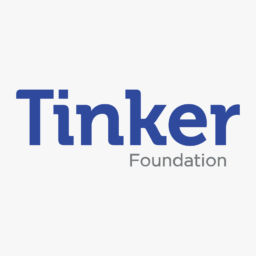
The Foundation welcomes Dr. O’Neil as its fourth Chairperson and thanks Alan Stoga for his years of service.
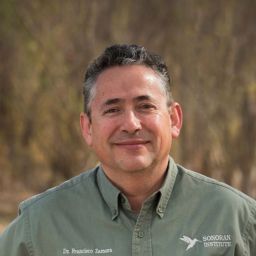
Dr. Francisco Zamora Arroyo, Director Senior de Programas, cuenta como la organización binacional Sonoran Institute ha respondido a los desafíos de la pandemia y fortalecido la capacidad de resiliencia de su equipo.